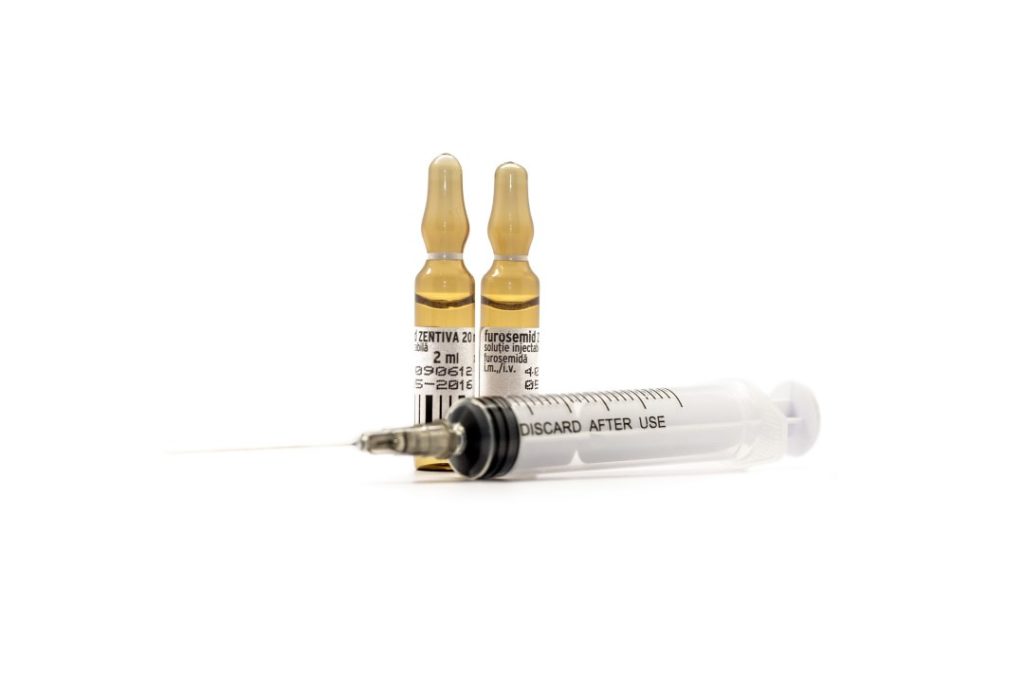
Contents
What is Influenza(flu) Vaccine?
This vaccine comes under IAP recommended vaccines for High-risk children (Vaccines under special circumstances). Influenza vaccines, also known as flu shots, are vaccines that protect against influenza. A new version of the vaccine is developed twice a year as the influenza virus rapidly changes. Flu is an infectious disease caused by an influenza virus.The most common symptoms include a high fever, runny nose, sore throat, muscle pains, headache, coughing, and feeling tired. The influenza vaccine is especially useful for older people or those at more risk of infection due to other illnesses. It is also helpful for preventing the spread of influenza in places such as nursing homes and old people’s homes where a rapid spread of the illness is more likely. They come in forms that are injected into a muscle, sprayed into the nose, or injected into the middle layer of the skin.Influenza Vaccine Immunization Schedule
- Minimum age to administer this vaccine is 6 months.
- For kids of age 6 months to 9 years: 2 doses with 4 weeks apart
- For age above 9 years: Single dose
- Annual re-vaccination with single dose
Effectiveness
The antibodies that your body produces to protect you from the virus after vaccination start to decline over time. Flu vaccines are updated regularly to provide optimal protection from the rapidly changing virus.Side Effects
Mild problems- soreness, redness, or swelling where the shot was given
- sore, red or itchy eyes
- hoarseness
- cough, fever, aches, headache, itching, fatigue